India’s love affair with fennel needs no introduction.
The seed spice dominates a variety of our preparations. Did you know that India happens to be the largest exporter of fennel seeds, widely known as saunf. A common practice in most Indian households is to have few fennel seeds or saunf at the end of every meal. This practice you might think is to freshen the mouth, but think again. A concentrated source of minerals like Copper, Potassium, Calcium, Zinc, Manganese, Vitamin C, Iron, Selenium and Magnesium, the age old practice does much more than simply beat bad breath. From regulating blood pressure to water retention, fennel seeds pack a bevy of nutrients that make it a must have in your kitchen. In size and shape they resemble cumin or zeera, but fennel is a different spice altogether.
Health benefits of fennel seeds
- Fennel symbolizes longevity, courage, and strength. In addition to its use as medicinal values, fennel has many health benefiting nutrients, essential compounds, antioxidants, dietary fiber, minerals, and vitamins.
- Fennel seeds indeed contain numerous flavonoid anti-oxidants like?kaempferol?and?quercetin. These compounds function as powerful antioxidants by removing harmful free radicals from the body thus offer protection from cancers, infection, aging and degenerative neurological diseases.
- Like in caraway, fennel seeds also are a rich source of?dietary fiber. 100 g seeds provide 39.8 g of fiber. Much of this roughage is metabolically inert insoluble fiber, which helps increase the bulk of the food by absorbing water throughout the digestive system and easing constipation problems.
- Further, dietary fibers bind to bile salts (produced from cholesterol) and decrease their re-absorption in the colon. It thus helps lower serum LDL cholesterol levels. Together with flavonoid anti-oxidants, fiber composition of fennel helps protect the colon mucosa from cancers.
- Fennel seeds compose of health-benefiting volatile essential oil compounds such as?anethole, limonene, anisic aldehyde, pinene, myrcene, fenchone, chavicol,?and?cineole. These active principles in the fennel are known to have antioxidant, digestive, carminative, and anti-flatulent properties.
- Fennel seeds concentrated source of?minerals?like copper, iron, calcium, potassium, manganese, selenium, zinc, and magnesium. Copper is essential for the production of red blood cells. Iron is required for red blood cell formation. Zinc is a co-factor in many enzymes that regulate growth and development, sperm generation, digestion and nucleic acid synthesis. Potassium is an important component of cell and body fluids that helps controlling heart rate and blood pressure. The human body uses manganese as a cofactor for the important antioxidant enzyme,?superoxide dismutase.
- Furthermore, fennel seeds indeed are the storehouse for many vital vitamins. Vitamin-A, vitamin-E, vitamin-C as well as many B-complex vitamins like thiamin, pyridoxine, riboflavin and niacin particularly are concentrated in these seeds.


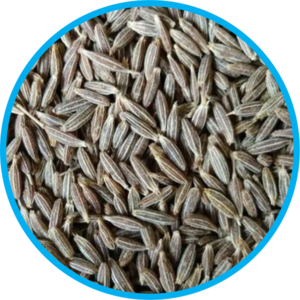
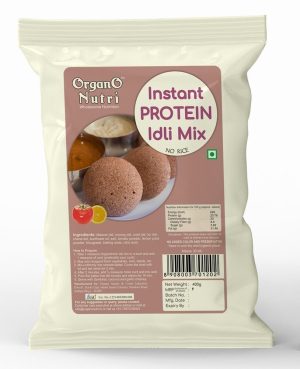
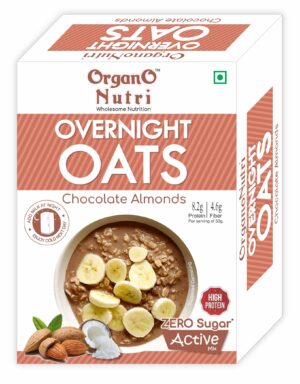
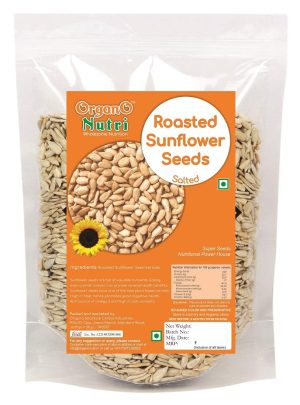
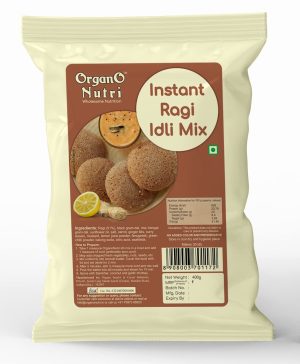
Reviews
There are no reviews yet.